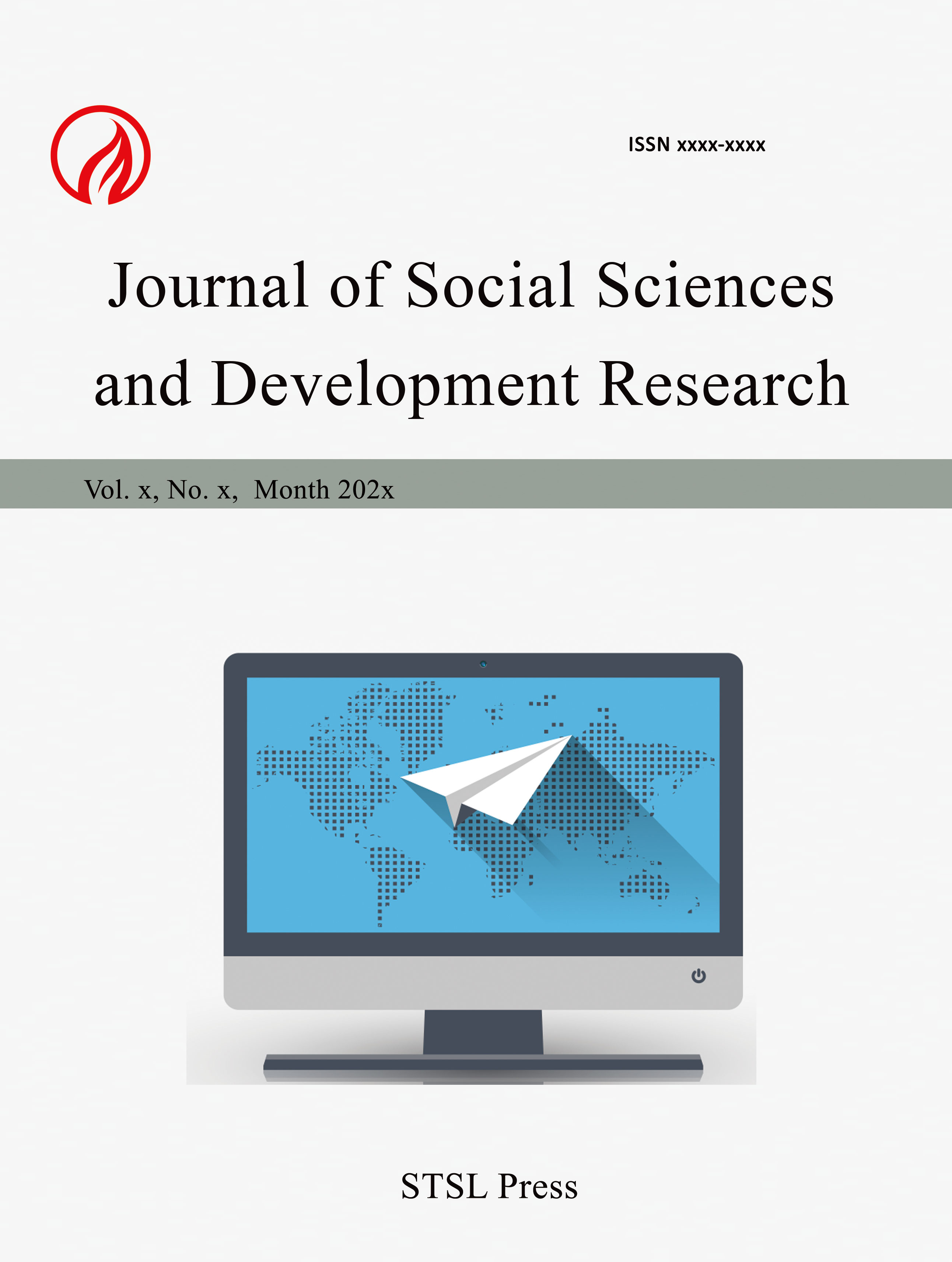Determinants of Financial Development in Ethiopia Evidence From ARDL Bound Testing Approach: A Time Series Analysis
Birku Andualem
Abstract
This paper aims at investigating the possible determinants of financial development in Ethiopia using the methodology of Autoregressive Distributive Lag model (ARDL) with bound testing approach with annual data from the national bank of Ethiopia. The study found a unique cointegration relationship between financial development, gross fixed capital formation, interest rate, inflation, reserve requirement ratio, financial sector reform (policy change), and external borrowing(debt). Up on the presence of long run relationship among these variables, the regression result shows that inflation, reserve requirement ratio, financial sector reform, and external (borrowing) debt are important determinants of financial development in Ethiopia in the long run. While reserve requirement ratio has adverse effect in the short run, external borrowing has positive and insignificant effect on financial development in the short run. Further, interest rate exerted negative and statistically significant effects on financial development both in the short run and long run suggesting that this variable adversely influence financial development. However, gross fixed capital formation has positive but statistically insignificant effect on financial development both in the short run and the long. It is therefore, recommended that the government of Ethiopia should ensure an accommodative (moderate) financial sector reform (policy change), reserve requirement ratio and inflation at threshold levels in order to stimulate financial development. Moreover, it should consider adjusting the interest rate downwards on lending by financial institutions.
Paper:
pdf
DOI:
https://doi.org/10.71002/jssdr.v1n1p36
 This work is licensed under a
Creative Commons Attribution 4.0 License.
This work is licensed under a
Creative Commons Attribution 4.0 License.
Contact us
- Michael Schaper
- jssdr@stslpress.org
